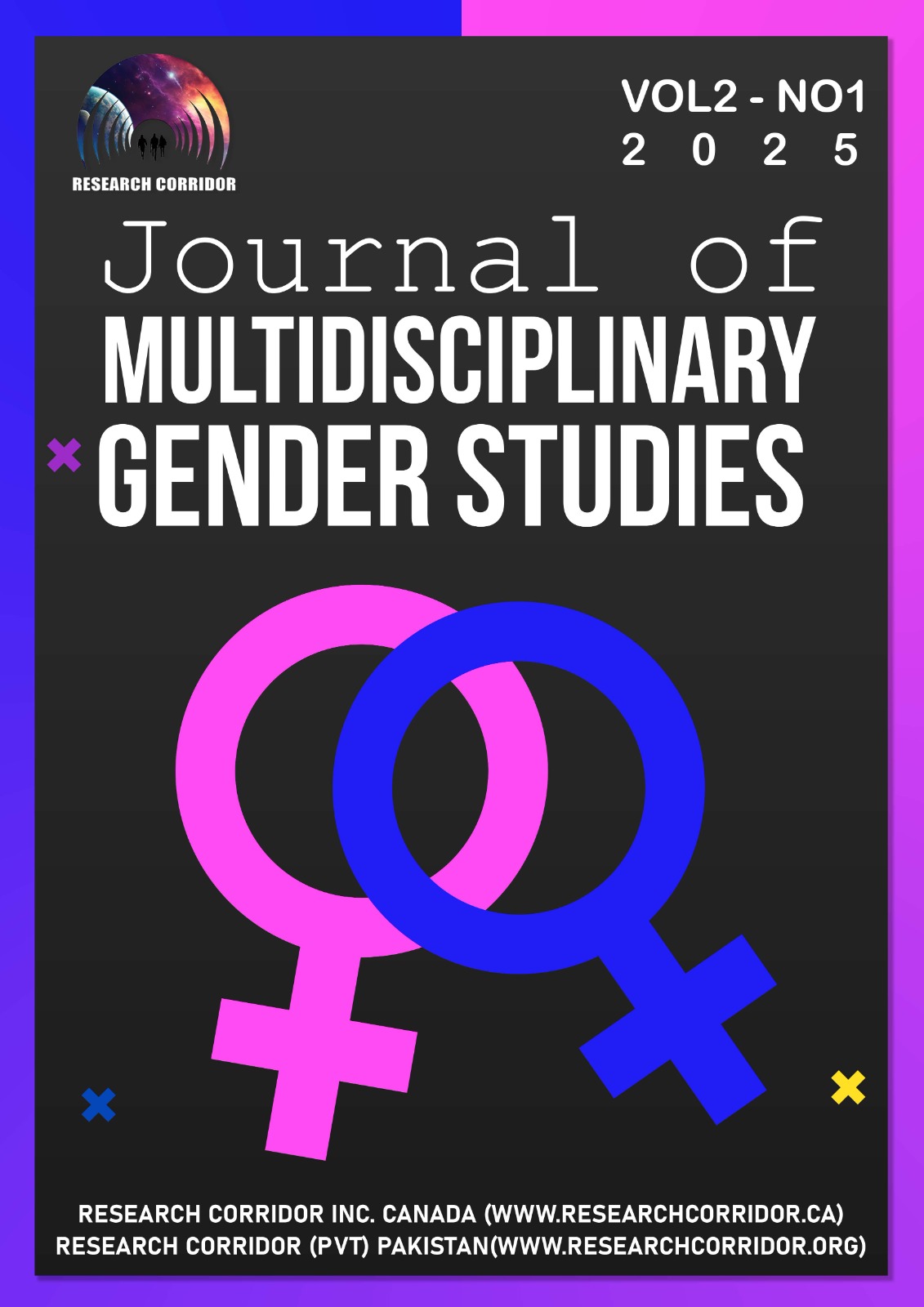Jahanzeb Khan - University of Management and Technology, Lahore
Keywords:
Gendered spaces, public sphere, private sphere, women’s empowerment, gender equity, feminist theory, social mobility, political participation, economic independence, domestic rolesAbstract
The concept of gendered spaces plays a pivotal role in shaping the empowerment of women, particularly through the dichotomy of public and private spheres. Historically, societal structures have confined women to the private sphere—home and family—while men dominated the public sphere—work, politics, and social engagement. This division has contributed to gender disparities in economic, political, and social participation. However, feminist discourses and contemporary research highlight that dismantling rigid gendered boundaries fosters women’s empowerment. This paper explores the role of public and private spaces in influencing women's access to resources, education, employment, and political representation. It argues that increased participation in the public sphere empowers women by providing opportunities for leadership, financial independence, and social mobility. Simultaneously, transforming the private sphere by promoting gender-equitable domestic roles is essential to sustaining empowerment. The discussion draws upon sociological and feminist theories, including those of Simone de Beauvoir, Nancy Fraser, and Judith Butler, to critically analyze how spatial dynamics impact gender roles and identities. Case studies from both Western and non-Western societies are examined to illustrate the intersectionality of cultural, economic, and legal factors in shaping women's experiences. The paper concludes that achieving gender equity requires a redefinition of both public and private spaces, fostering inclusivity and agency for women. A multidimensional approach involving policy reforms, education, and societal shifts in gender perceptions is necessary to ensure sustainable empowerment.





